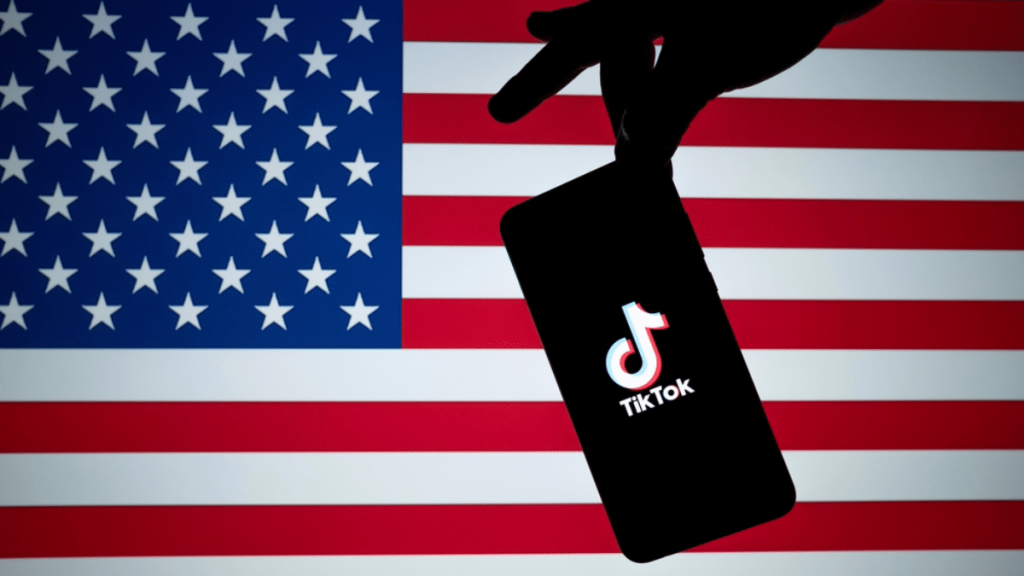TikTok to begin appeal against being sold or banned in US
3 min read

TikTok is set to launch its legal battle on Monday against a recent US law that could either force its Chinese owner, ByteDance, to divest the social media platform or face a ban in the United States. This legislation, signed into law by President Biden in April, addresses concerns that user data from the app might be exploited by the Chinese government.
The law has been enacted due to fears about data security and potential misuse of information. However, TikTok and ByteDance have consistently denied any connections to the Chinese authorities and have criticized the law as a significant infringement on free speech rights.
With more than 170 million users in the US, TikTok will present its case before a three-judge panel at a Washington, DC appeals court. The company’s legal team will be accompanied by eight TikTok creators, including a Texas rancher and a Tennessee baker, who argue that the platform is crucial for their businesses and livelihoods. These creators claim that TikTok’s ban would have severe financial implications for them.
The Department of Justice (DoJ) will counter with its arguments, highlighting both data security concerns and the potential for the Chinese government to use TikTok as a tool for spreading propaganda to Americans. The DoJ’s position underscores fears about national security and the broader implications of allowing a foreign-owned platform to operate in the US.
However, advocates of free speech are raising alarms about the law’s potential impact on constitutional rights. Xiangnong Wang, a staff attorney at Columbia University’s Knight First Amendment Institute, has argued that upholding the divest-or-ban law could set a dangerous precedent for global free speech. Wang warns that authoritarian regimes might use the US decision to justify their own restrictions on access to international media and information. The Knight Institute has submitted an amicus brief—an advisory document filed by interested parties not directly involved in the case—to influence the court’s decision.
Wang has criticized lawmakers for not specifying the exact national security threats posed by TikTok, suggesting that the broad nature of the restriction on First Amendment rights is unprecedented and lacks clear evidence.
On the other side, James Lewis from the Center for Strategic and International Studies believes the law was crafted to endure legal scrutiny. He notes that the core issue is whether the requirement for ByteDance to divest TikTok constitutes a regulation of speech. Lewis emphasizes that courts generally defer to the executive branch on national security issues, which could influence the outcome.
The complexity of the case means that, regardless of the initial ruling, the legal proceedings are expected to extend over several months, potentially reaching the Supreme Court. Mike Proulx, vice president and research director at Forrester, predicts a lengthy legal process. “Nothing gets resolved next week,” he says, pointing out the high stakes and intricate nature of the legal challenge.
As the case progresses, it will not only impact TikTok and its millions of American users but also set a significant precedent for how the US handles national security concerns related to foreign-owned technology platforms and their influence on American free speech and business operations.